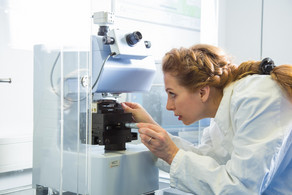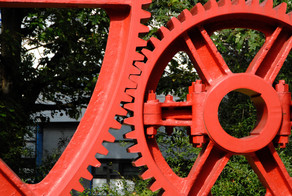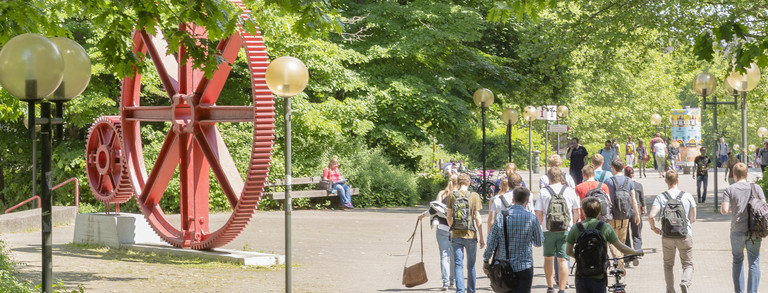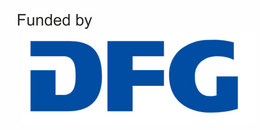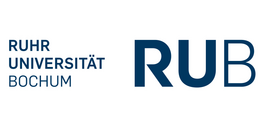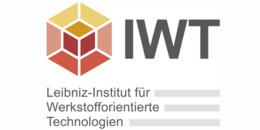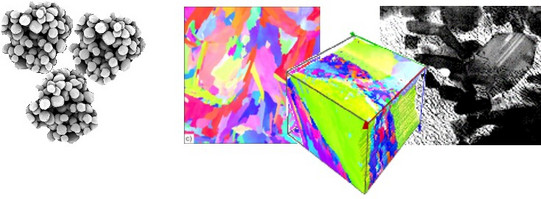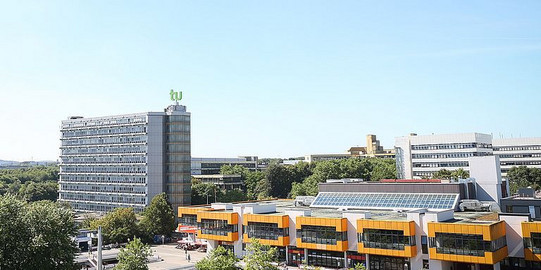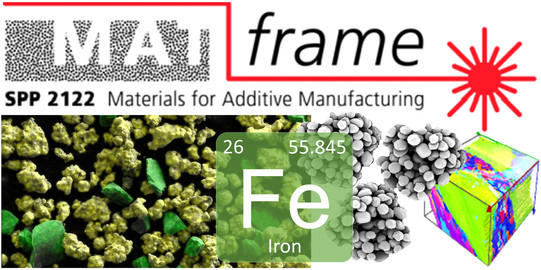Materials for Additive Manufacturing
Lasers in production processes, including additive manufacturing, are becoming more and more powerful, but the materials powders available are often inadequate for today’s laser processing tasks. Fundamental research focusing on the powder materials synthesis and engineering for laser-based additive manufacturing to shape the process chain right from the start is needed, i.e. powder materials development. This Priority Programme’s main objective is the synthesis of new metal and polymer powders for efficient laser-based 3D additive manufacturing by means of formulations, additivations and (chemical) modifications of both, new and commercial powders. By this, the range of powder materials accessible for laser-based additive manufacturing shall be enhanced significantly.
Duration: 2019 - 2021
Consortium: 23 Research Institutes
Subproject: Qualification of new steel-alloying strategies for LAM powders by combined in-situ additivation, agglomeration and in-/post-process treatments
Main objective of this joint proposal within Priority Programme 2122 is the development of new starting materials and their qualification for processing martensitic-hardenable tool steels or cast irons by Laser Powder Bed Fusion (L-PBF) due to the increasing demand of LAM parts and the fact that most readily processable materials by L-PBF are mainly Al-, Ti- or Ni-based alloys. This project considers strategies on grey cast iron alloy and adjust the alloying concepts to process white cast iron and ledeburitic cold work tool steel. In order to process the complex material-oriented research within this project, all aspects will be addressed in a holistic approach with regard to powder production and powder conditioning, alloy design and SLM-processing of the designed powders as well as microstructural, micro-magnetic and mechanical characterization of the SLM-components.
Duration: 2019 until 2021





